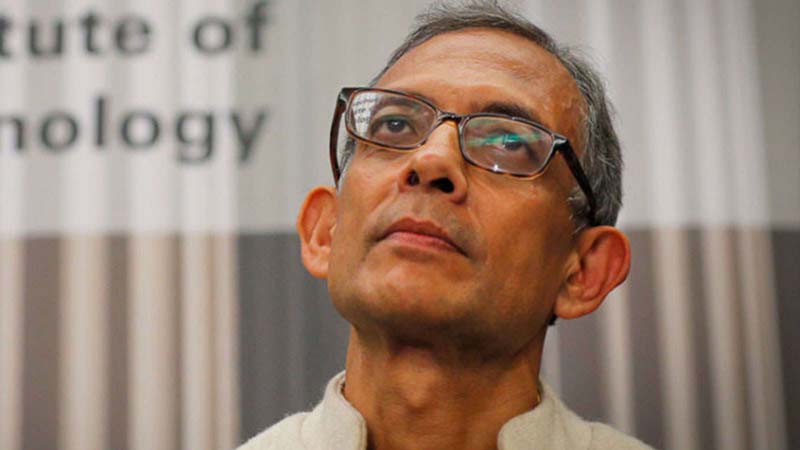Nobel laureate Abhijit Banerjee on Sunday stressed on the importance of strong opposition in a democracy, remarking that the pressure that is there on a government due to a strong opposition is not there as the opposition itself is not united.
The Nobel laureate’s remarks come in the backdrop of the ongoing protests across the country against the CAA-NRC-NPR combine. The opposition has been accused of not being united against the government on the issue, with several opposition parties skipping the meeting called by the Congress earlier this month to discuss the current political situation in the country.
On Sunday, speaking at the ongoing Jaipur Literature Festival, Banerjee said, “India needs a better opposition. The opposition is the heart of a democracy and the ruling party should want a better opposition to keep it under check.”
“The absence of a strong opposition means that the government is not under any kind of pressure. If the opposition is disjointed and there are many factions within it, this means that nobody knows which faction would join hands with whom and when. Hence, the pressure that is there due to a strong opposition is not there,” the 2019 Nobel Prize winner for Economics added.
He also commented on the state of India’s economy, saying that though there have been positive indicators over the last two months, he cannot say how long the same would last with the fresh data coming in.
Banerjee, who is Mumbai-born but was educated in the University of Calcutta (CU), was last year awarded the 2019 Nobel Prize for Economics along with wife Esther Duflo and Harvard professor Michael Kremer. However, he also came under fire from several BJP leaders, who targeted him for his ‘left-leanings,’ what with him being an alumnus of the national capital’s prestigious but equally controversial Jawaharlal Nehru University (JNU).

